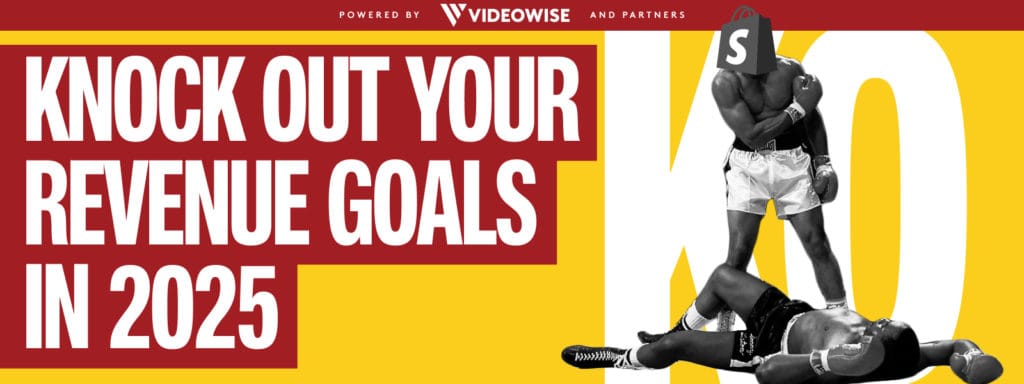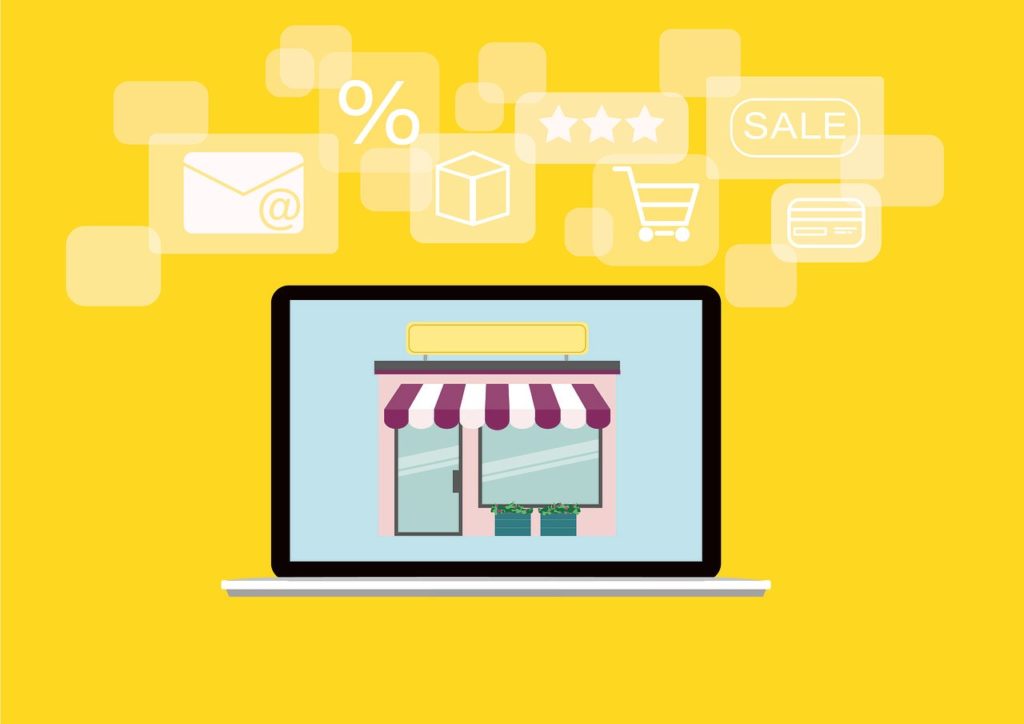There is always something happening in the world of ecommerce, and trends are constantly changing. One trend that has been slowly growing for a while now is sustainable development, and it’s not likely to go away anytime soon.
Sustainability is a trend that has been gaining traction in recent years and is set to become even more important in 2023. It refers to how sustainable a business is, and ecommerce businesses are becoming more aware of the benefits of choosing environmentally friendly processes. To put it simply, the future of ecommerce is sustainable.



